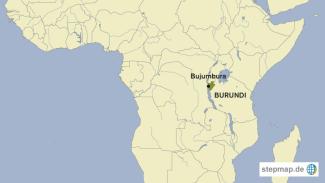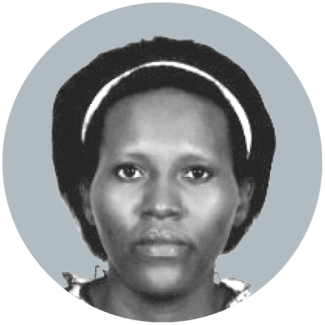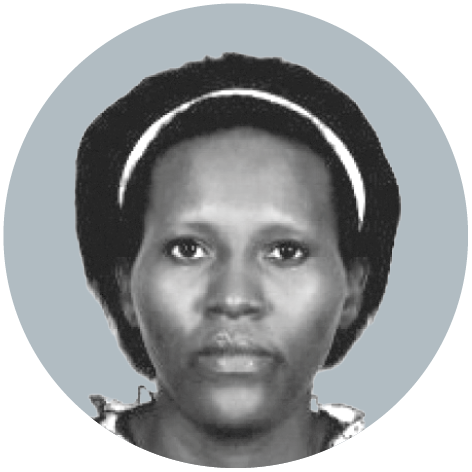Trafficking
Pressed into service

But loopholes in the penal and labour laws, including regulations that permit informal work by children under 16, leave some children vulnerable to traffickers. A 2020 report by the National Association of Defenders of Children’s Rights in Burundi (FENADEB – Fédération Nationale des Associations engagées dans le Domaine de l’Enfance au Burundi) lists 222 child trafficking cases, of whom most (178) involved boys.
These children were trafficked to locations in Burundi and Tanzania to work in various jobs. Some were used as peddlers, for example selling peanuts in bars. Others were sent to do domestic work. The unfortunate ones were sent to live with their bosses, often enduring sexual abuse.
Based on videos appearing on social networks and some detective work, police were able to prosecute some of the perpetrators. According to the 2019 report of the Independent National Commission on Human Rights in Burundi (CNIDH – Commission Nationale Indépendante des Droits de l’Homme du Burundi) the government arrested seven child traffickers.
Sadly, traffickers are often known to the children’s parents, says Sixte Vigny Nimuraba, president of CNIDH and a lecturer at the National University of Burundi. Traffickers take advantage of parents’ poverty and lack of knowledge to exploit their children, he says.









